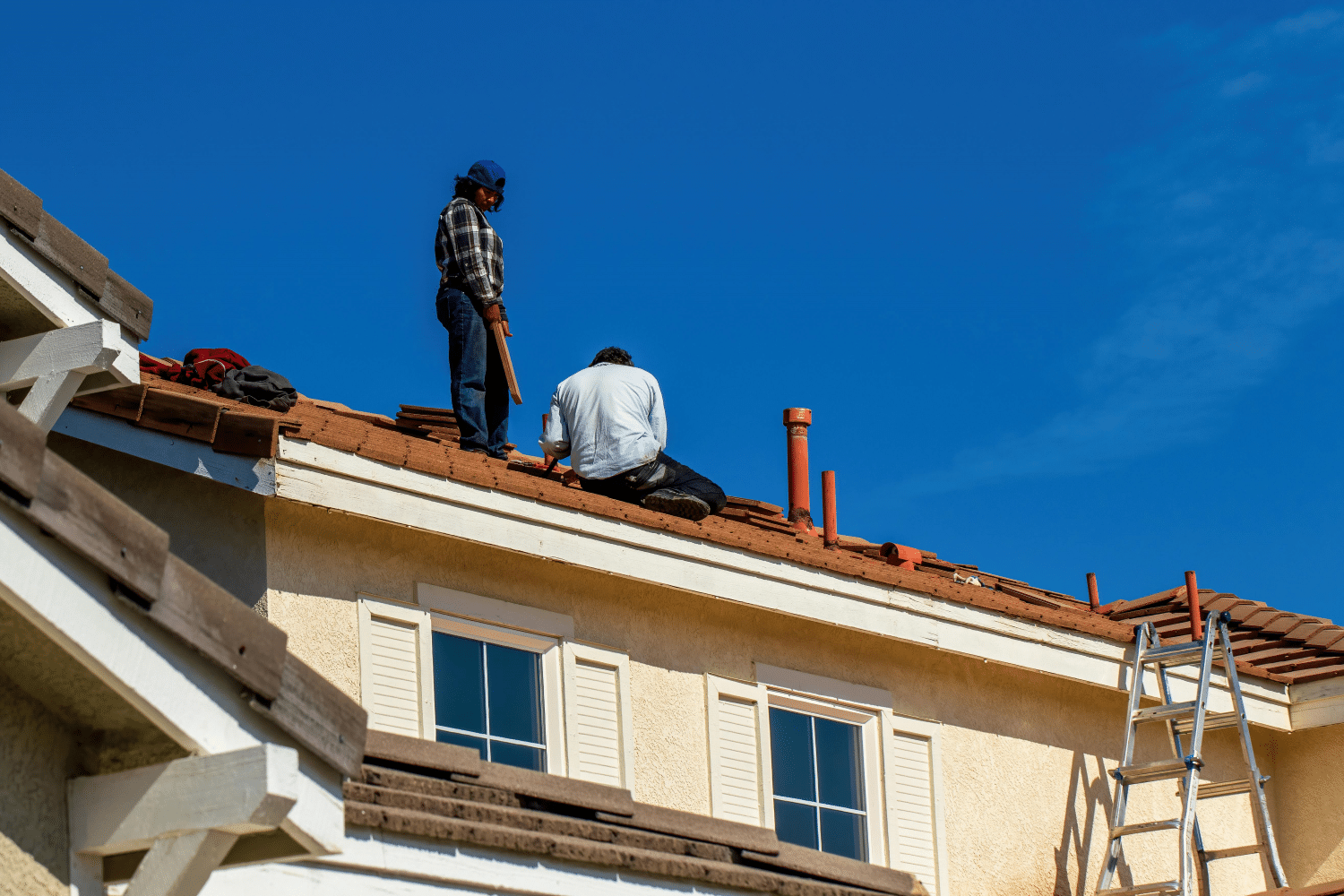Choosing the right commercial roofing contractor is crucial for the longevity and integrity of your building’s roof. With numerous contractors vying for your business, it can take time to identify the most qualified and reliable. Here are expert tips to guide you through the selection process.
Verify Credentials and Experience
Before hiring a commercial roofing contractor, ensure they have the proper credentials. Check for a valid license, insurance, and bonding. A licensed contractor meets state requirements and has the necessary skills to perform roofing work. A reputable company, as offered by AAA Roofing, typically demonstrates these qualifications and more. Insurance protects you from liability in case of accidents, and bonding ensures the job will be completed as agreed. Additionally, prioritize contractors with extensive experience in commercial roofing. An experienced contractor will be familiar with various roofing systems and have a proven track record of successful projects.
- Check for Specialized Certifications: Some contractors may hold specialized certifications from roofing material manufacturers. These certifications indicate advanced training and expertise in installing specific roofing systems, which can provide added quality assurance.
- Evaluate Their Portfolio: Ask for a portfolio of their previous commercial roofing projects. A diverse portfolio demonstrates the contractor’s ability to handle various roofing challenges and solutions, providing confidence in their adaptability and skill.
- Inquire About Safety Training: Ensure the contractor and their team have up-to-date safety training. Compliance with Occupational Safety and Health Administration (OSHA) standards minimizes the risk of accidents and reflects the contractor’s commitment to maintaining a safe work environment.
Request Detailed Proposals and Estimates
When evaluating potential contractors, request detailed proposals and estimates from each. A comprehensive proposal should include a breakdown of materials, labor costs, project timeline, and warranty details. This transparency helps you compare different contractors fairly and ensures there are no hidden costs. Be wary of unusually low bids, as they may indicate the use of subpar materials or lack of experience. A thorough and clear estimate demonstrates the contractor’s professionalism and commitment to transparency.
- Compare Material Quality: Different contractors may use varying quality materials. Ensure that the proposal specifies the brand and type of materials, allowing you to compare the longevity and performance of what’s being offered.
- Understand the Warranty: Clarify both the manufacturer’s warranty on materials and the contractor’s warranty on workmanship. A good contractor will offer a reasonable warranty period for their work, indicating confidence in their craftsmanship.
- Evaluate the Payment Schedule: A detailed proposal should include a clear payment schedule. Be cautious of contractors who demand a large upfront payment, and ensure that payments are tied to specific project milestones.
Assess Reputation and Reviews
A contractor’s reputation is a strong indicator of their reliability and quality of work. Look for reviews and testimonials from previous clients. Online platforms such as Google Reviews, Yelp, and the Better Business Bureau (BBB) can provide valuable insights. Pay attention to recurring themes in reviews, both positive and negative. A contractor with consistently high ratings and positive feedback is likely to deliver satisfactory results. Don’t hesitate to ask the contractor for references and contact their past clients to inquire about their experiences.
- Look for Industry Recognition: Contractors who have received awards or recognition from industry associations tend to have a solid reputation. This acknowledgment from peers can be a strong indicator of the contractor’s excellence and reliability.
- Check for Complaints: Look up any complaints filed against the contractor with the BBB or other regulatory bodies. While a few complaints are not uncommon, a pattern of unresolved issues can be a red flag indicating poor customer service or substandard work.
- Engage with Social Media: Explore the contractor’s social media profiles to see how they interact with clients and address feedback. Active and responsive engagement on social media can reflect a commitment to customer satisfaction and transparency.
Evaluate Communication and Professionalism
Effective communication is vital for a successful roofing project. Assess how promptly the contractor responds to your inquiries. A professional contractor will take the time to explain the project details, answer your questions, and address your concerns. They should also provide a clear point of contact throughout the project.
Poor communication can lead to misunderstandings and delays, so choose a contractor who values transparency and professionalism. Additionally, observe their punctuality and preparedness during meetings, as these traits often reflect their work ethic.

Choosing the right commercial roofing contractor involves careful consideration of their credentials, reputation, proposals, and communication skills. By thoroughly vetting potential contractors, you can ensure a high-quality roofing project that meets your needs and protects your investment. Take the time to make an informed decision, and you’ll reap the benefits of a durable and well-installed roof.
Published by: Martin De Juan










